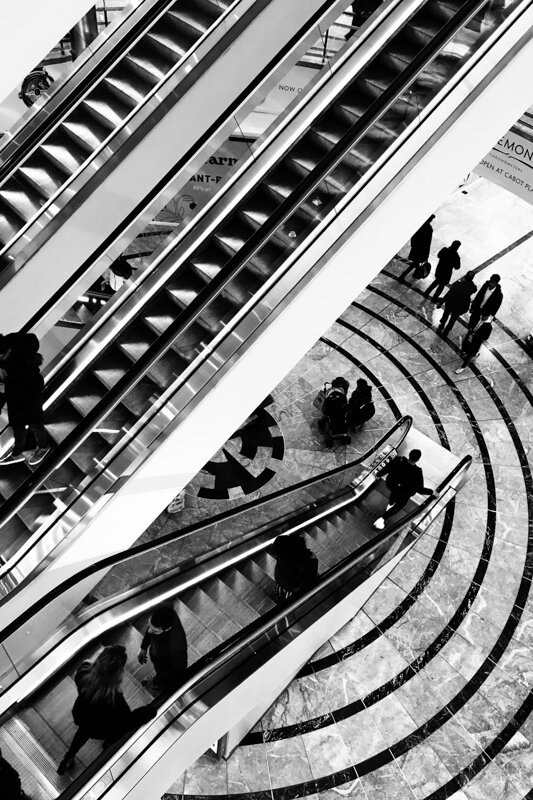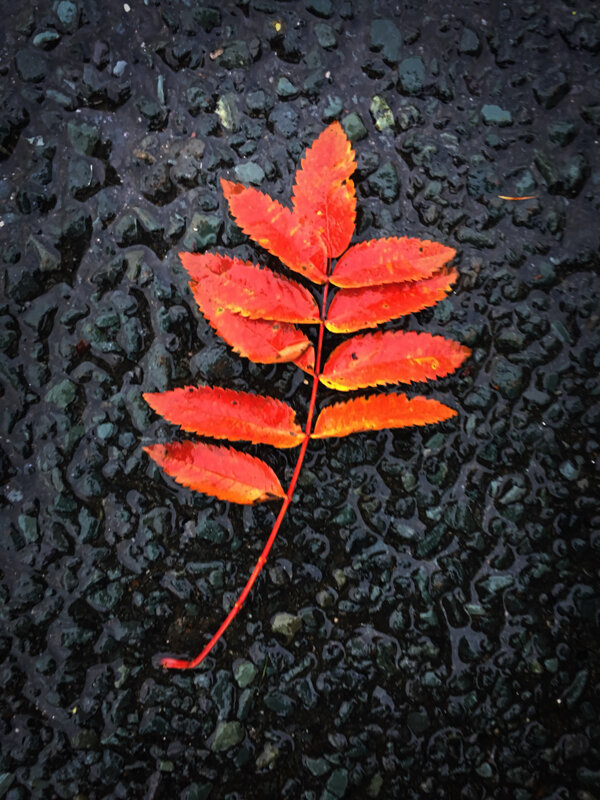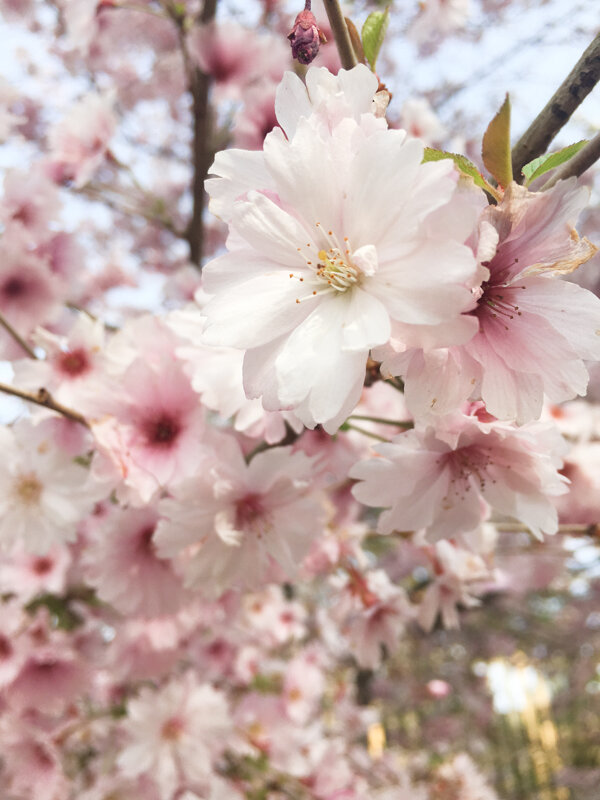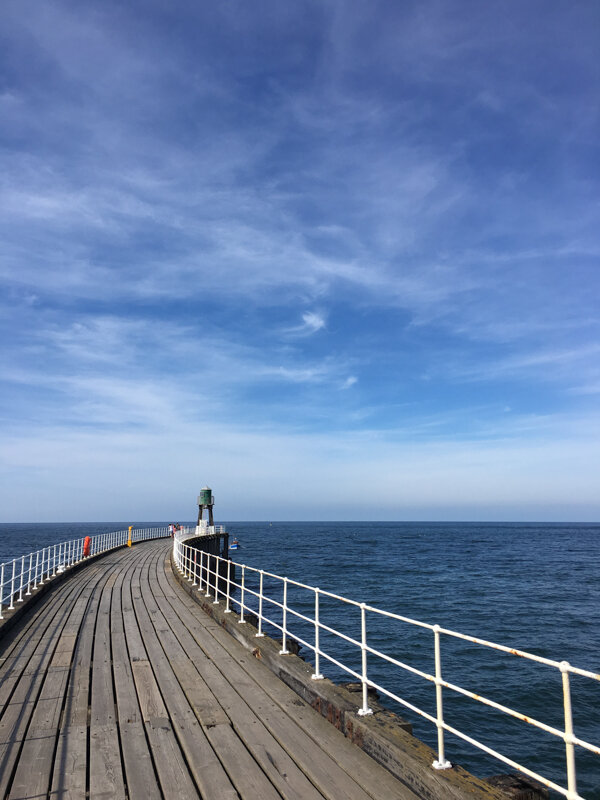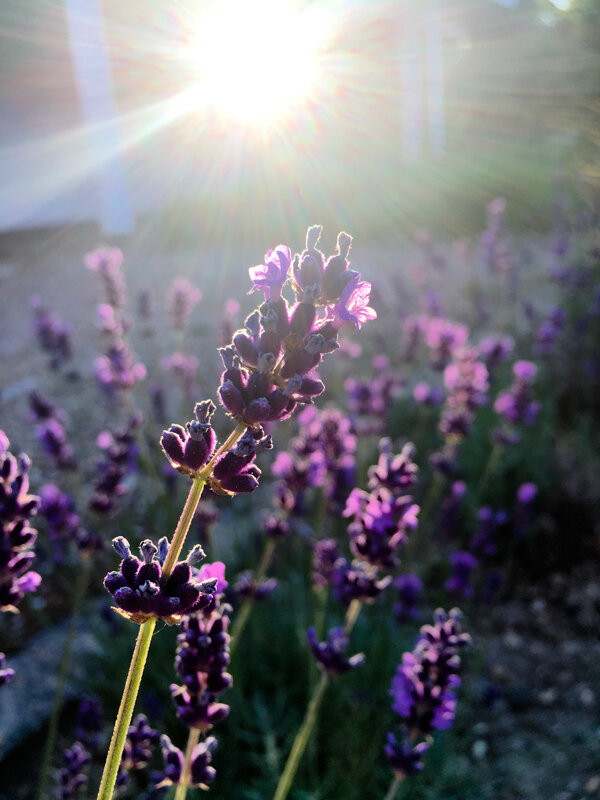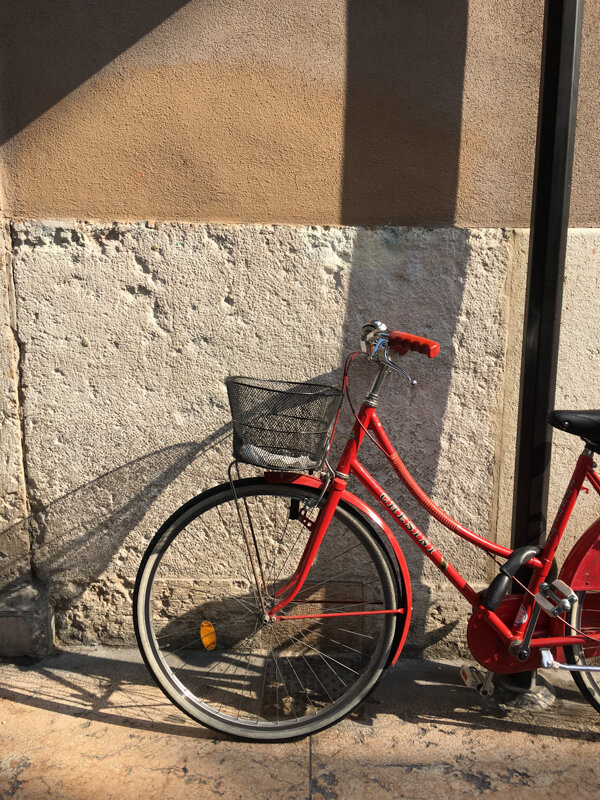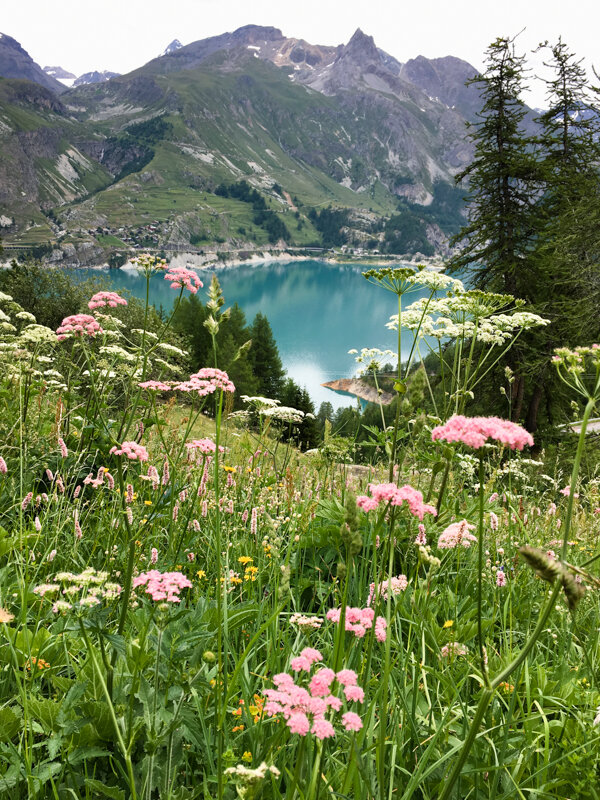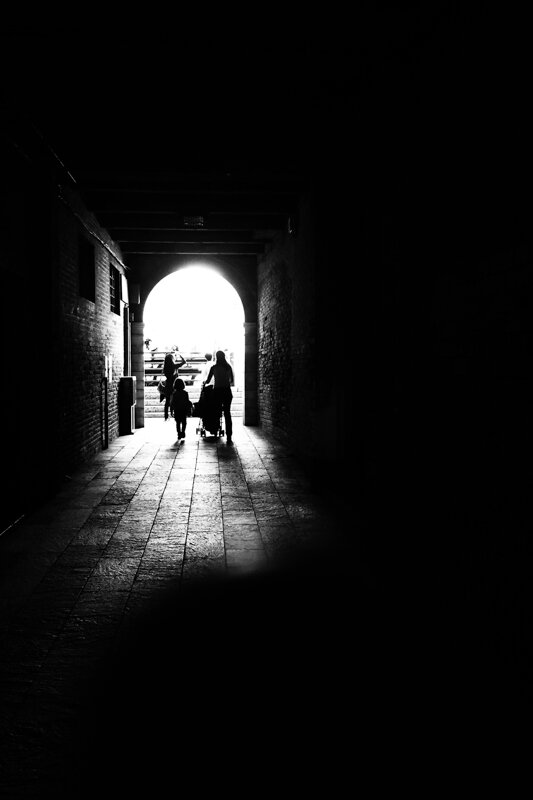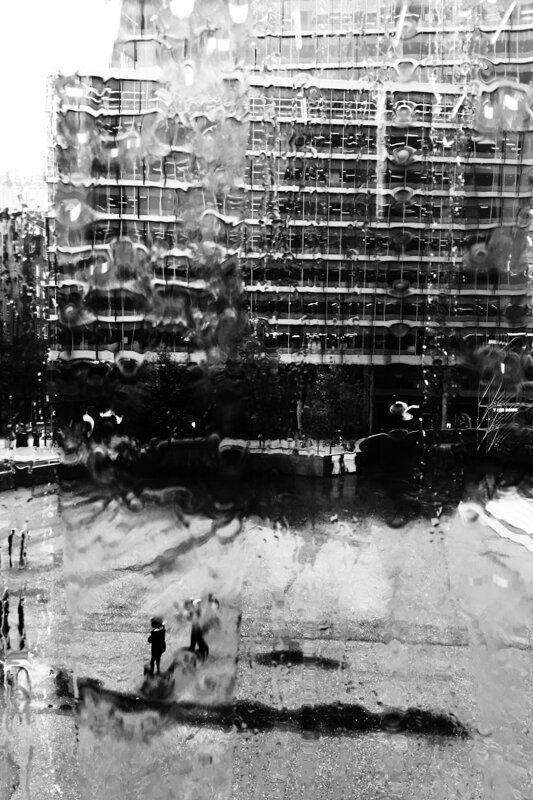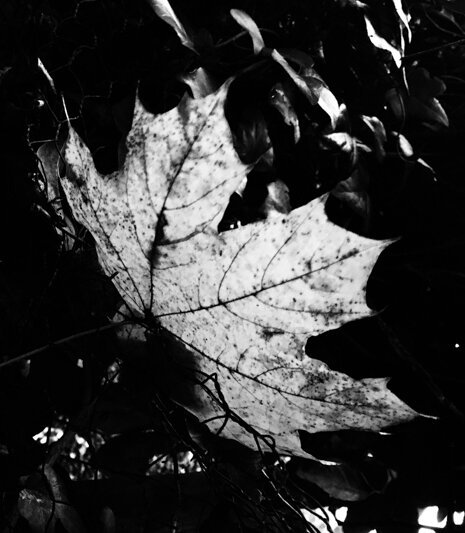How to take great pictures even if you can't afford a good camera
What will an expensive camera do for you?
Expensive cameras have a lot of features that are nice to have but won’t necessarily affect the quality of your photo including:
high burst rate (the number of frames-per-second you can take)
super-fast auto focus
weatherproofing
The single feature that may improve your photos (because it will extend your shooting opportunities) is having a better sensor (better quality image, better performance in low light). But following the tips below you can take just as good a photo with the camera you have, as the person next to you with all the gear but no idea.
I shot all the images in this post using an iPhone
What affects a great picture regardless of the camera?
1. What’s your mindset?
Can you accept compromises? Or do you need everything to be perfect before you’ll get your camera out? If you go out with a positive, grateful frame of mind I can guarantee you’ll come back with better photos than if you are complaining about your gear.
2. How well do you know your subject?
I think this is the single most important thing when it comes to taking a great photo. Whether you’re using your phone or your top of the range DSLR, unless you know your subject you will not take your best shots.
3. Is your attention wandering?
Are you happy to look for a shot anywhere? Can you cut out distractions and focus your attention on what you’re doing? Regular mindfulness meditation will help you with both of these.
4. Where do you find your influences?
Do you soak up ideas far and wide? Or do you just look at other photographers who shoot what you do? Broaden your horizons and you’ll become a better photographer. Look at art, listen to music, read widely. And not just art, music and books that you think you’ll enjoy. Push yourself.
5. Composition
Where is everything going to sit in your frame? If you move can you improve the shot? Zoom with your feet if you don’t have a zoom lens. Be critical. Change your viewpoint. Keep shooting different compositions. Try getting closer than you think you need to, or higher, or lower.
6. Light
No matter how inexpensive your camera, if you can read the light and capture it that’s all you need for a great photo.
7. Know your gear and play to your strengths
If you don’t have a full frame camera that works exceptionally well in low light, don’t try and take your best shots in low light.
If your kit lens has a maximum aperture of f8 you’ll need to work much harder to get selective focus with depth of field than someone with an f1.2 lens. And you’ll be a better photographer for it. Learn to love f8 if that’s what you have: find out what you can do with it and do it well.
A word on sharpness
Many photographers believe the sharpness of a photo is the only indication of how good it is. Please don’t listen to these people. Yes, an expensive lens will (everything else being equal) give you a sharper photo than a cheaper lens. But remember:
your viewer is not comparing two images side by side, one shot with an expensive lens and one with a less expensive lens, and
your viewer will remember how your image made them feel, not how sharp it was.
A great picture is one that captures a moment, finds the light, observes a contrast. I’ll take a slightly soft photograph with passion over a perfectly sharp yet soulless image any day.
Two exercises to try:
1. Shoot with your phone for a week. This will force you to find exemplary composition - you can’t hide behind your expensive gear.
2. Go out and create deliberately unsharp images. These might have intentional camera movement or be deliberately out of focus. This will help you understand how a frame is put together.
Join A Year With My Camera
My flagship beginner’s photography workshop is free by email for 12 months. Join here and get started today:

